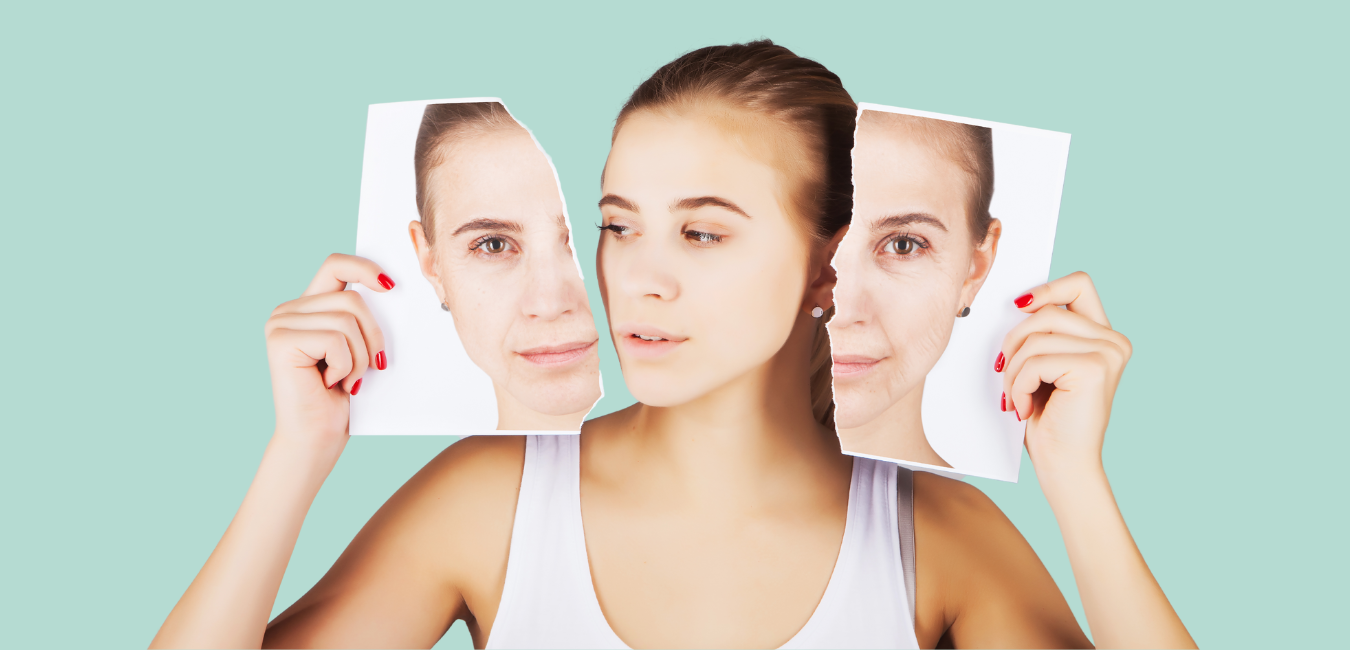
Dry vs dehydrated skin - what's the difference?
Dry skin? Dehydrated skin? What’s the difference? Does it matter?
We know, it’s already hard enough working out your skin type. Dry, oily, combination, sensitive, and now there’s dehydrated? Yet dry and dehydrated skin aren’t necessarily the same thing.
But how do you know?
Everyone is born with one skin type - but as seasons change and time goes on, this could change.
Dehydrated skin lacks water. This one is a bit easier to understand. Think of your own body! You need to constantly replenish water throughout the day, to prevent yourself from becoming dehydrated. Dehydrated skin isn’t considered one of the skin types, but more of a condition and the good news is that it can be temporary. Thankfully, it can easily be improved if treated properly. Anyone can have dehydrated skin, and your skin type doesn’t matter! You can have oily skin and still be dehydrated - known as oily-dehydrated skin.
Telltale signs of dehydration:
- Dull looking skin that lacks a ‘glow'
- Fine lines
A popular way to know is the pinch test. Take it with a grain of salt though, as it isn’t always 100% accurate. Find a small part of skin - like your cheek or back of your hand. Pinch and pull out the skin, holding this for a few seconds. Did your skin immediately bounce back? It is likely you’re not dehydrated. Does the skin take a few moments to return back? Seems like you might be dehydrated. You’re welcome to repeat this test in other areas such as your abdomen, chest, leg or arm. This is because if you’re dehydrated, likely it’s not just your face but your whole body.
On the other hand, dry skin doesn’t have enough natural oils, AKA sebum! Dry skin is a skin type, so if you have dry skin, most of the time you are born with it.
Dry skin telltale signs:
- White flakes,
- Scaly
- Redness
- Itchiness
- Psoriasis/dermatitis or eczema
Since dry and dehydrated skin is so different, they must be tackled in different ways!
No matter your skin type, to make your skin look and feel the best it can be you should hydrate and moisturise every day. Use hydrating ingredients first (think hyaluronic acid, beta-glucan and glycerin) on damp skin and then seal that in with a layer of moisture (coconut oil, ceramides).
For dehydrated skin, drinking water is a must! Your body will slurp up all that water from within - making you feel and look good from the inside out. Fruits and veg with high water content will also help - think cucumbers and watermelon. Another easy solution is to carry around a mist with you! Spritzing this on your face throughout the day will help your face refresh and rehydrate. Our Wake Me Up Watermelon & Rose Face Mist contains goodies such as aloe vera, watermelon and rose water. This antioxidant-rich trio will leave your skin balanced, soothed and most importantly add extra hydration!
Dry skin needs oils - aka moisture. Ingredients such as ceramides, manuka honey and coconut oil will help to smooth and treat your skin. These will lock in everything to help your skin hold onto the water. This means your face will not lose moisture to the air as fast as it usually would. Our Super Nice Mānuka Honey and Vitamin E Moisturiser naturally heals and repairs even the driest skin types. It will allow your skin to hold onto moisture - as well as restore and prevent further dryness!
We hope you learnt something new about your skin and can use these tips to keep your skin looking great evre.day. And don’t forget to drink that glass of water!


